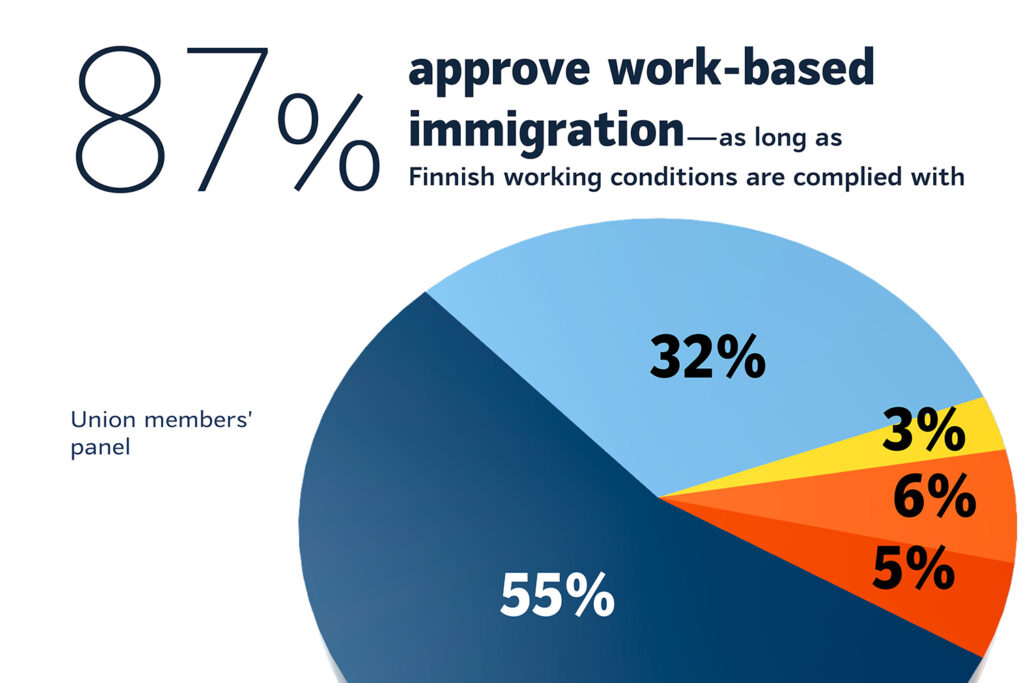Personal tax number ID tag soon mandatory at shipyards
From the beginning of July this year, everyone working in the shipbuilding industry needs a personal tax number ID card. This means that those working at the shipyard must wear a photo ID tag with their name, personal tax number, employer and whether he or she works as an employee or entrepreneur.
The rule also covers all employees working for any subcontractor in the shipyard as well as independent entrepreneurs.
How to get this new number and card? First, regardless of your nationality, you need a Finnish personal ID number. If you do not yet have one, the tax office will give it to you. This requires a visit in person to any of the 18 nominated tax offices. The processing time is from one to three working days.
Your personal tax number is a 12-digit string of numbers that can be found on your tax card. It does not reveal the individual’s age, sex or date of birth.
If you are working in the shipyard and do have the Finnish ID number, your employer can register your personal tax number in the public register of tax numbers. You can also enter your number to the register on the Tax Administration Omavero web pages.
After July 1st, you need the new personal tax number ID tag with your photo to enter the shipyard. It is up to your employer to deliver this card and see that no one works without it. The employer must also keep a list of all those working in the shipyard.
The goal of the personal tax number is to curb wage dumping and the grey economy.
The goal of the personal tax number is to curb wage dumping and the grey economy. Knowing who is working where and on what conditions helps everyone to get the income he or she is entitled to.
Since 2012, personal tax numbers have been mandatory for those working on construction sites. Due to this, already in 2015, the total amount of paid salaries in the construction branch grew by 300 million euro. The amount of taxes paid increased by 100 million euro.
In the construction industry, better tax control has led to better competitiveness of those companies that are working legitimately.
The Industrial Union welcomes the reform. Shipbuilding is project-based work, where rental labour, subcontracting and foreign companies are typical. Due to security reasons, shipyards are closed workplaces. Unions and authorities have had difficulties to oversee that the terms of work in shipyards are decent, collective agreements followed and tax paid.
As the experiences from similar reform in the construction industry are positive, introducing personal tax numbers in the shipbuilding industry is a step forward to ensure decent working conditions.




